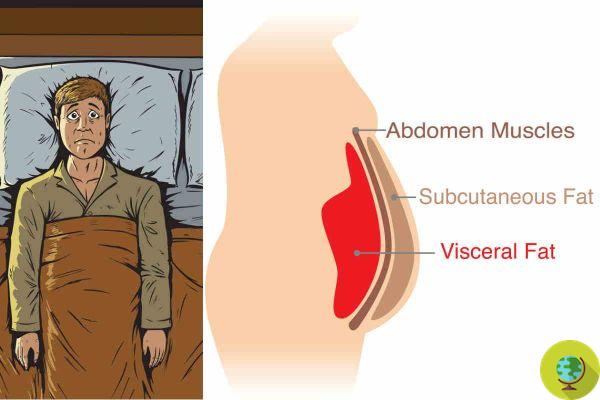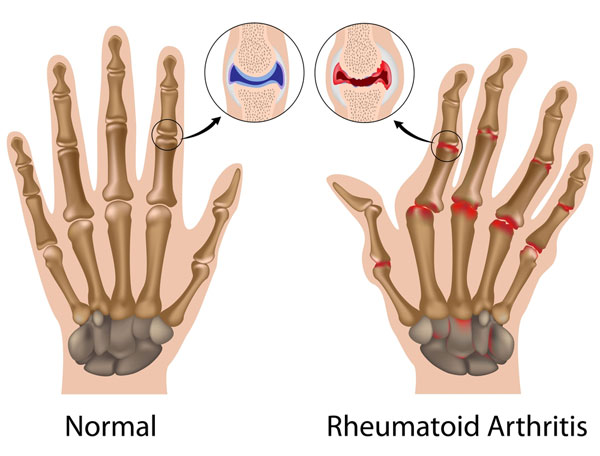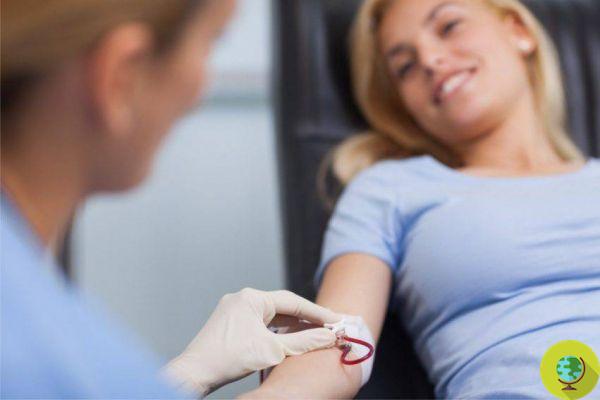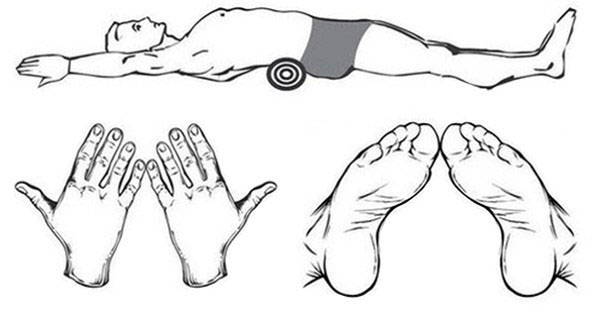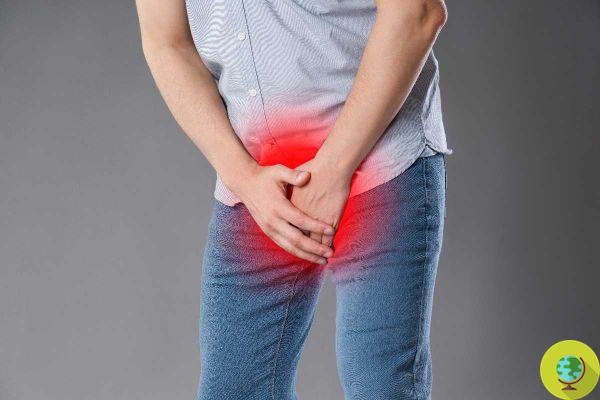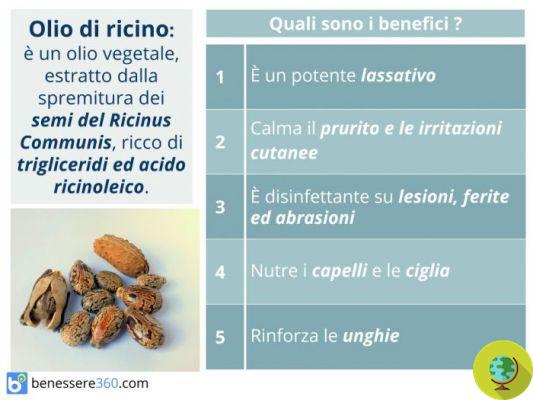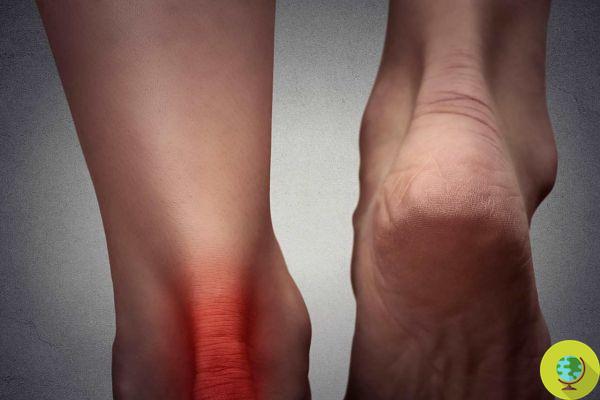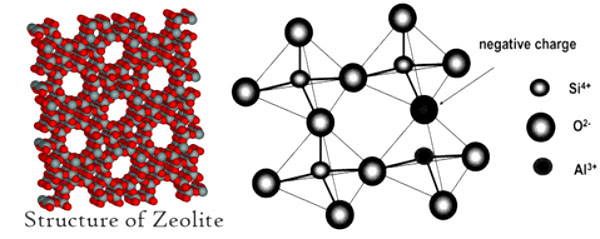What are the most common symptoms of a heart attack? It is essential to know what the warning signs are, because recognizing them as soon as possible could save a person's life
Don't store avocado like this: it's dangerous
What are the most common symptoms of a heart attack? A heart attack (or myocardial infarction) occurs when blood flow to part of the heart muscle is blocked, but it doesn't always happen suddenly. It is always and in any case essential to know what are the warning signs, because recognizing them as soon as possible could save a person's life.
It 'satherosclerosis the main cause of heart attacks: when of lipid material (fat) it collects on the inner walls of the coronary arteries (the arteries that supply blood and oxygen to the heart) and over the years form a real atherosclerotic plaque, over time some of this plaque can rupture, causing a clot of blood on the surface of the plaque.
if big, this clot can partially or completely block blood flow rich in oxygen to that part of the heart muscle fed by the artery. Basically, a heart attack occurs when one or more of the arteries that carry oxygen-rich blood to the heart become blocked.
Index
Symptoms of a heart attack
While some heart attacks are sudden and intense, others may start slowly, with mild, nagging pain. Typically, the appearance of a heart attack has these precise symptoms:
- Pressure, pain or stinging in the chest that last for more than a few minutes
- The pain it extends to the shoulder, arm, back and also the neck, jaw and teeth
- Increase in episodes of chest pain
- Prolonged pain in the upper abdomen
- Shortness of breath and cold sweats
- Strong sense of fatigue and fatigue which can occur, according to experts, even a few days or weeks before the actual illness
- Fainting
- Nausea and vomiting, plus some bloating associated with heart problems can interfere with appetite and digestion
In women, the signs of a heart attack may be different and less obvious and also include:
- Abdominal pain or heartburn
- Lightheadedness or dizziness
- Damp skin
What to do in case of a heart attack
Act in time is the fundamental rule. According to doctors, treatment is most effective if it is started within an hour of the onset of symptoms. So it's good:
- Call 118 immediately
- If symptoms go away in less than 5 minutes, you should still call your doctor anyway
- Go to the hospital right away
- Take a pill of nitroglycerine, if your doctor had already prescribed this type of medicine
Risk factors, how to do (and not do) to avoid a heart attack
In addition to the risk factors sexual ed hereditary (men, for example, are generally more at risk than women), there are those on whom it is possible to intervene in advance. First, hold the blood pressure under control and in the right parameters. How? Know that overweight it's a diet rich in salt I'm not helping you at all.
Also avoid overindulging with alcohol and stop smoking: smoking, in fact, as well as exposure to passive smoke, damage the internal walls of the arteries and cause the formation of cholesterol deposits and other substances that can obstruct the flow of blood.
Hold on cholesterol is also at bay: A high level of the wrong type of cholesterol in your blood increases the risk of a heart attack. Finally, lead a quiet life away from all sources of stress. Practice physical activity and anything else that can keep you healthy and happy!
Germana Carillo
READ also:
 HEART: 20 SYMPTOMS NOT TO UNDERESTIMATE
HEART: 20 SYMPTOMS NOT TO UNDERESTIMATE





